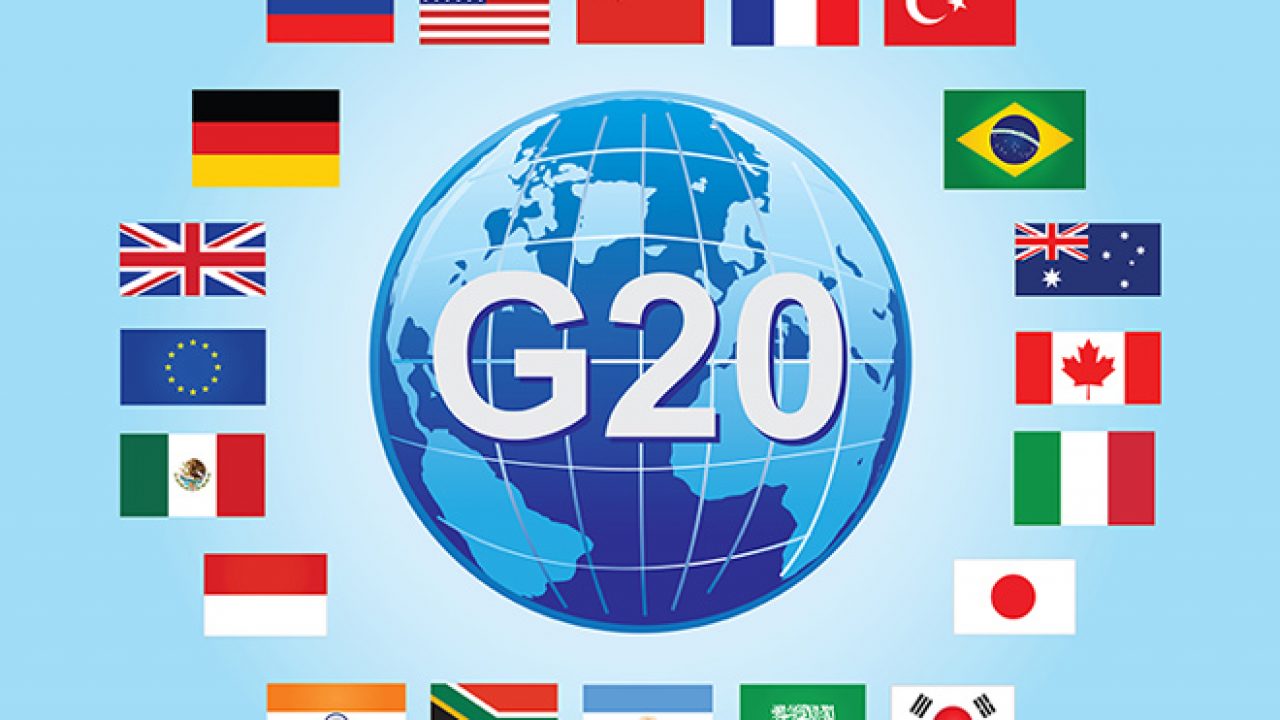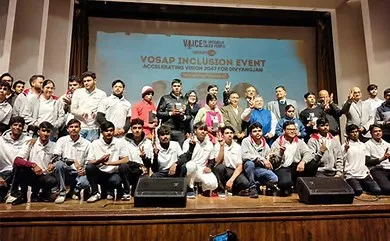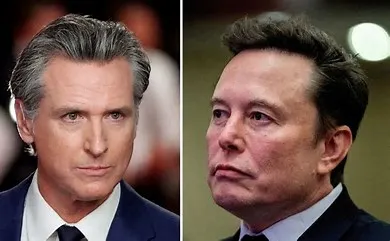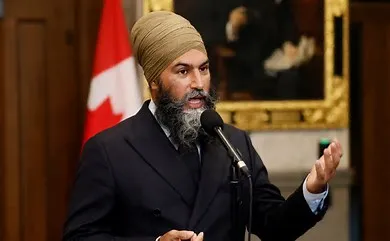As India takes over the presidency of the powerful G20, Prime Minister Modi has task cut out for him. It is to drive a growth agenda in the backdrop of the ongoing Ukraine war and post pandemic economic recovery in major parts of the world.
Despite geopolitical and macroeconomic issues, the business agenda has a much broader relevance at the time of the economic recovery. The G20 represents 19 countries, the EU and many permanent invitees like Spain, United Nations, World Bank, African Union, and ASEAN. It also represents 80% of the Gross World Product (GWP) and ¾ of the global trade and the population. In addition to driving the agenda for member countries, the G20 also has the responsibility to ensure that rest of global population, which is not a part of the G20, is not left behind. Their financial upliftment and inclusion in the global economy is equally important and significant.
During the recently concluded Bali conclave, there has been convergence on multiple areas like climate change with a commitment to limit global temperature rise to 1.5 degree Celsius. Developed countries have been urged to provide US$100 billion per year to developing countries in climate finance. This has the potential to provide impetus to efforts to reduce the carbon footprints, step up technological infusion and to make businesses future ready.
In the coming years, industry will be assessed on Environment, Social and Governance (ESG) parameters on top of conventional financial parameters by all stakeholders including the consumer. The Indian presidency should strive to pursue this agenda and link the Indian MSME sector to leverage the financial and technological support from the developed world. MSME sector is an important part of Government’s agenda and generates significant employment.
Digital focus, data protection, strengthening IP laws and food security are other areas of agreement which will resonate with Indian industry very well. In fact, India is making rapid progress in many of these areas. However, the progress on a global minimum tax and taxing the profits at the country where they are generated may make some industries uncomfortable.
Ahead of the G20 summit, the business agenda was deliberated by B20 (Business 20) – a forum of the global business community – on Nov 13-14 in Bali in Indonesia. The B20 is one of the most important engagement groups in the G20. It has the responsibility of being the voice of industry to feed into G20 discussions.
The Confederation of Indian Industry (CII) is running the secretariat for B20 during the Indian presidency. CII has made 7 Task Forces (TF) and 2 Action Groups (AG) to make actionable recommendations. Each TF is led by a business leader and supported by a knowledge partner. The TF’s include resilient global trade and investment, skill development and mobility, energy and climate change, digital transformation, funding the global recovery, research and innovation, and financial inclusion. AG’s include ESG focus along with business and economic integration of African nations in the financial mainstream.
Many of these are the continuation of the agenda which the Indonesian presidency pursued. It is expected that most of these initiatives will also resonate with Brazil when they take over the leadership in 2024 ensuring continuity. These are well thought of initiatives under the guidance of a very seasoned bureaucrat – Amitabh Kant working as the Sherpa for G20. Kant has had a long stint as the CEO of Niti Ayog, the government of India’s think tank.
Missing from the CII agenda, however, is healthcare. Post pandemic, healthcare is a common and important priority for member nations and one of the major reason of current economic turmoil. Healthcare needs to be elevated to the G20 priorities list and should include strategies and preparedness in the event of another public health emergency. While India has a lot to learn from advanced geographies, it has also rich experience to share with the world on success stories like Ayushman Bharat, a robust generic drug industry which is making global healthcare affordable, and the way India developed the Covid-19 vaccine and made it available to its population as well as to other developing and underdeveloped nations. Healthcare deserves to have standalone TF led by an expert instead being one of the ESG agenda item.
Indian industry, specifically the MSME sector has an opportunity for technological upgradation, finding new markets, improving agricultural trade and enhancing food exports. Skill development, research and innovation helps the value chain and deserves further focus and investment. The G20 also called for reducing Covid curbs and making travel easier – this will have a positive impact not only on conventional tourism in India, but it also opens the expansion of medical and agro tourism.
New Delhi will host next G20 meeting during 2023 when India will transition the Presidency to Brazil. With the majority of heads of states joining, it will be a great platform for business engagement. There are a series of consultations being planned in different cities across India running up to the 2023 summit. Indian industry should look forward to active engagement in shaping business dialogue and decision-making.
Rakesh K Chitkara has led public policy practice for major MNC’s including Abbott Laboratories, General Electric, Dow Chemical, Dow AgroScience and Monsanto.

















